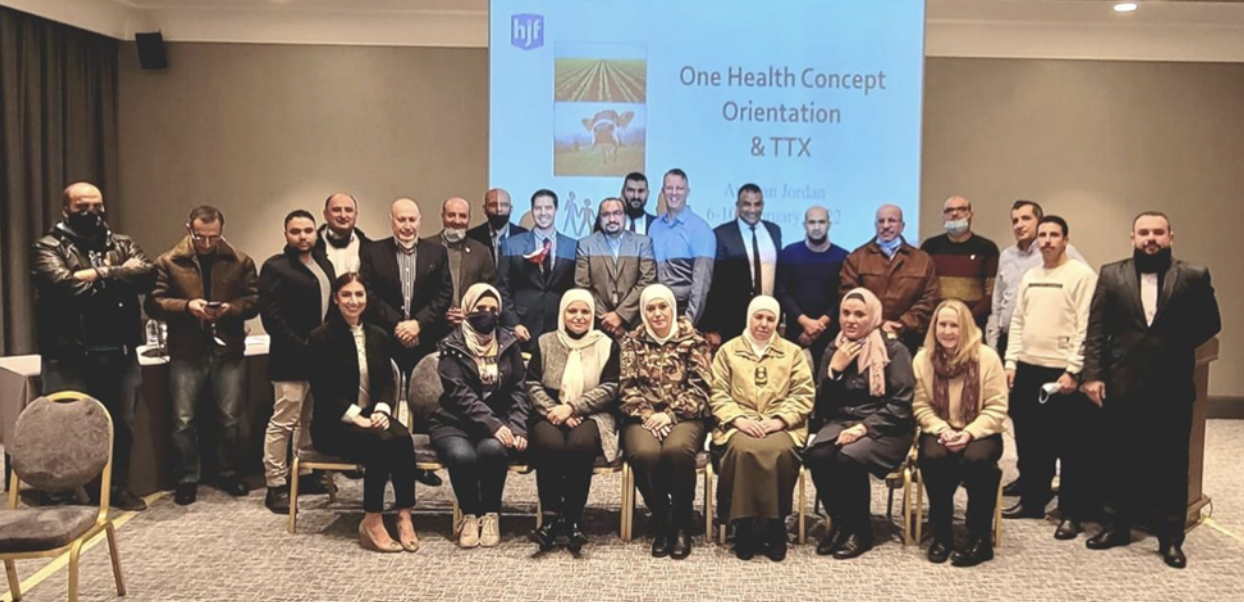Joint Health Support
the african peacekeeping rapid response partnership (APrrp)
The United States strongly supports the work of more than 67,000 African peacekeepers serving with the African Union (AU) and United Nations (UN) in Africa through the African Peacekeeping Rapid Response Partnership (APRRP). These men and women are working to protect civilians, prevent violence, and promote security and stability in many of Africa’s most complex conflicts.
Since 2009, the United States has trained and equipped more than quarter-million African troops and police for service in UN and AU peacekeeping operations as a means of strengthening the capacity of African troop-contributing countries to rapidly respond to emerging crises in Africa.
Effectively responding to emerging crises before they threaten regional stability requires sustainable, rapid response peacekeeping capabilities in Africa. APRRP seeks to build the key military enablers: transportation, engineering, logistics, communications, and medical capabilities, to establish, operate, and sustain bases of operations in a deployed environment.
USU's CGHE supported APRRP by building African partner countries’ capacity to rapidly deploy and sustain a UN-standard Level 1 and/or Level 2 Medical Treatment Facility capable of providing medical support and care utilizing organic assets.
CGHE’s APRRP program built the capacity of the partner nations by way of education and training activities, and exercises. The program was active in Uganda, Rwanda, Senegal, and Ghana.
Biological Threat Reduction Program (BTRP)- Gulf Region Biological Threat Reduction Forum and Training Support
CGHE has partnered with Integral Global to administer the Gulf Region Biological Threat Reduction Forum & Training Support contract with the United States Defense Threat Reduction Agency’s (DTRA) Biological Threat Reduction Program (BTRP) through the Henry M. Jackson Foundation. CGHE provides program oversight, medical, veterinary, public health, public policy, and assessment, monitoring, and evaluation (AME) subject matter expertise to facilitate elimination, security, detection, and surveillance of emergent biological threats through cooperative engagements with Partner Nations across the USCENTCOM region.
In Jordan, CGHE SMEs conduct a yearly five-day workshop to promote understanding of the core One Health framework concepts in relation to biothreat reduction by bringing together Jordan’s human health, animal health, and environment sectors, alongside law enforcement, first responders and local administrators to demonstrate how they can enhance their joint action.
Regionally, CGHE supports BTRP, alongside other implementing partners, engaging the Gulf Cooperation Council (GCC) to develop fruitful cooperation between their respective Member States (Bahrain, Kuwait, Oman, Qatar, Saudi Arabia, & UAE) in combating biological threats by establishing a Gulf Cooperation Council Biological Threat Reduction Forum. This Forum would assist GCC members in strengthening and operating effective capacities to prevent, predict, detect and report emergent biological threats. Focusing on a One Health approach with the Ministries and facilities overseeing human health, animal health and environmental sectors in each of the six GCC member states, the project consists of a three-phased approach:
- Collaborative technical information exchanges to identify strengths and challenges in biological security, safety, and surveillance infrastructure, as well as the national One Health Framework.
- Interactive capacity building workshops to address the identified challenges.
- Regional Forum meetings to promote information and knowledge sharing among the GCC members to improve communicable disease detection, diagnosis, surveillance, and prepare them to respond to biological threats across the Gulf region.
By using a cooperative, regional approach, this engagement seeks to facilitate sustainable activities, help cultivate relationships, and improve capabilities and information sharing to address biological threats at the human health, animal health, and environmental interphase encouraging regional cooperation to reduce biological threats across the GCC creating a safer and more stable Gulf region for residents, allies, and visitors.

